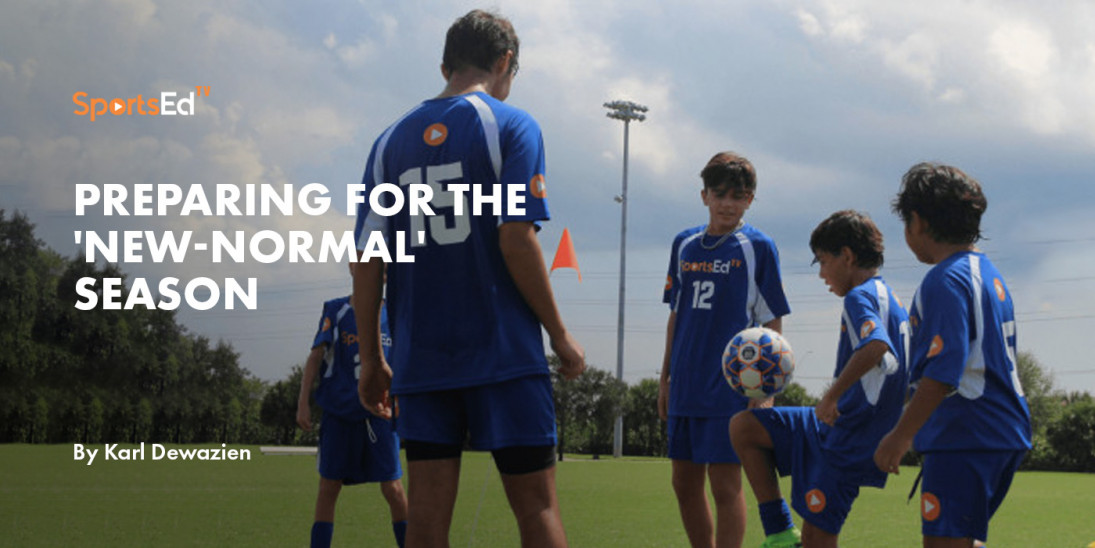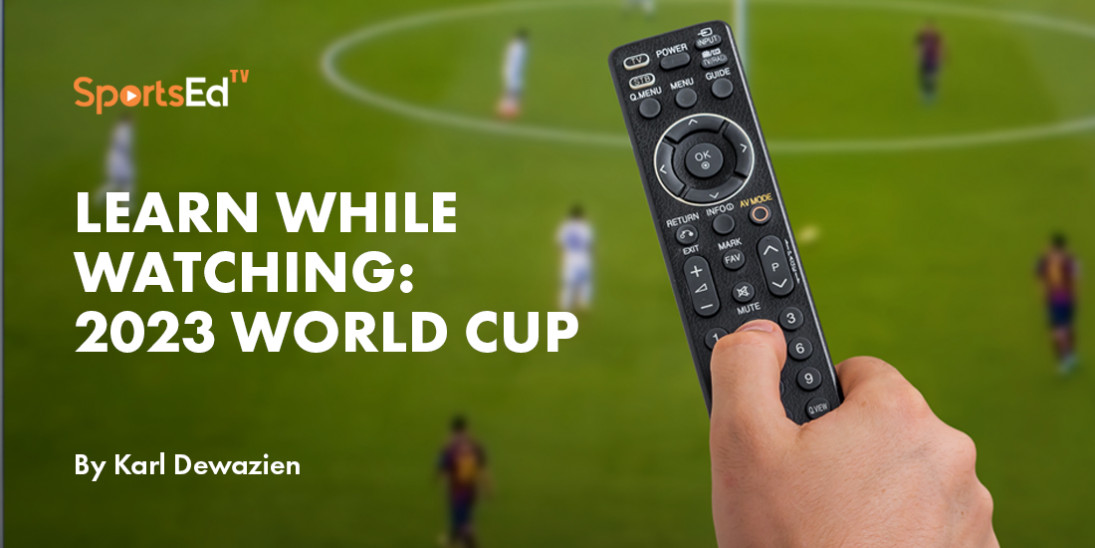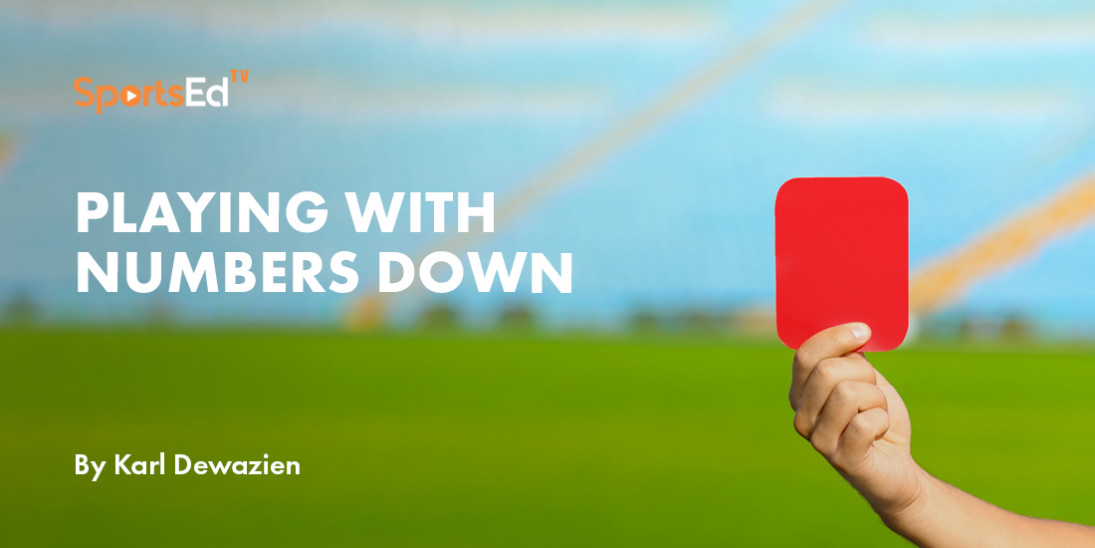Soccer
Welcome and thanks for visiting...

Preseason Relationship Building For Soccer Coaches and Referees
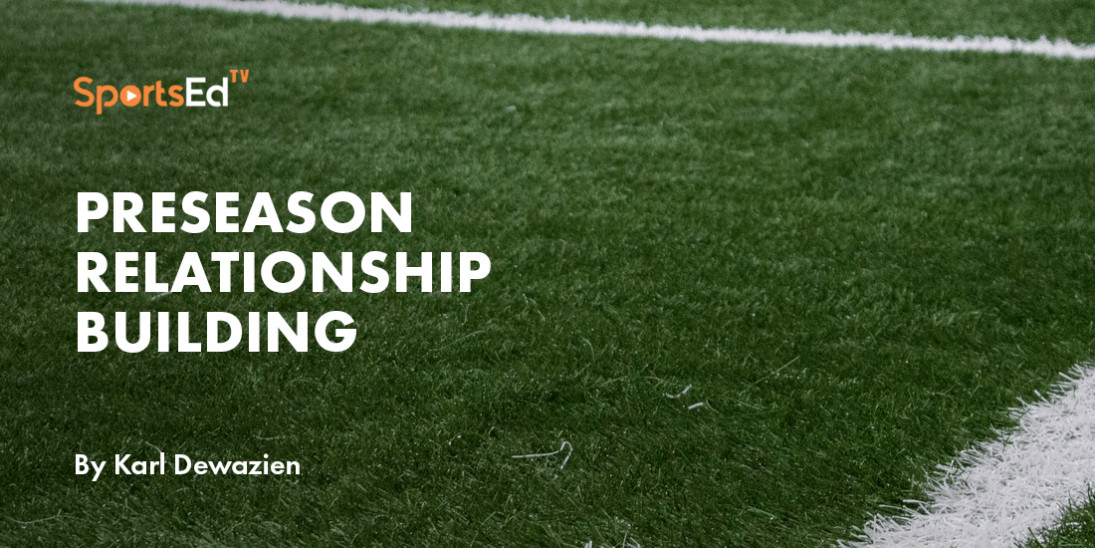
SportsEdTV Soccer is committed to bringing pro-level soccer education videos for athletes, coaches, and parents for FREE. All levels, anywhere, anytime. Check out our full instructional library and sign up to join our Soccer community.
Karl Dewazien of FUNdamental SOCCER, Emeritus State Director of Coaching for the California Youth Soccer Association 1978-2012, discusses the responsibility of youth soccer coaches and referees to build relationships.
To improve the playing environment in their communities, referees and coaches should build relationships before the season by:
Making an Effort to get to know each other on a personal basis, Getting Together at a Social function to resolve misunderstandings, and then Taking Action to improve themselves and their program
Make an Effort
- to get to know each other on a personal basis but not at a Meeting.
The definition of the word ‘meeting’ alone should give you pause: “An assembly or conference of persons for a specific purpose; a hostile encounter.” Even synonyms of the word ‘meeting’ should discourage Referees/Coaches to not gather at a meeting, “competition; confrontation; contest; encounter; showdown; conflict.”
As one of my colleagues wrote recently after attending a Referee/Coaches meeting, “These meetings are controlled, and most of the discussions are held by those few people who have intimidating attitudes and personalities or have their agenda to impose on the rest. Many people will not speak out in those situations. Some people outside the meetings are totally different people during those conversations. Why go to a meeting where you are afraid to speak your mind and always the same people are listened to and make the decisions? These are not relaxed, open-minded gatherings where voices can be heard, where honest discussions are held and decisions made by and for the program!”
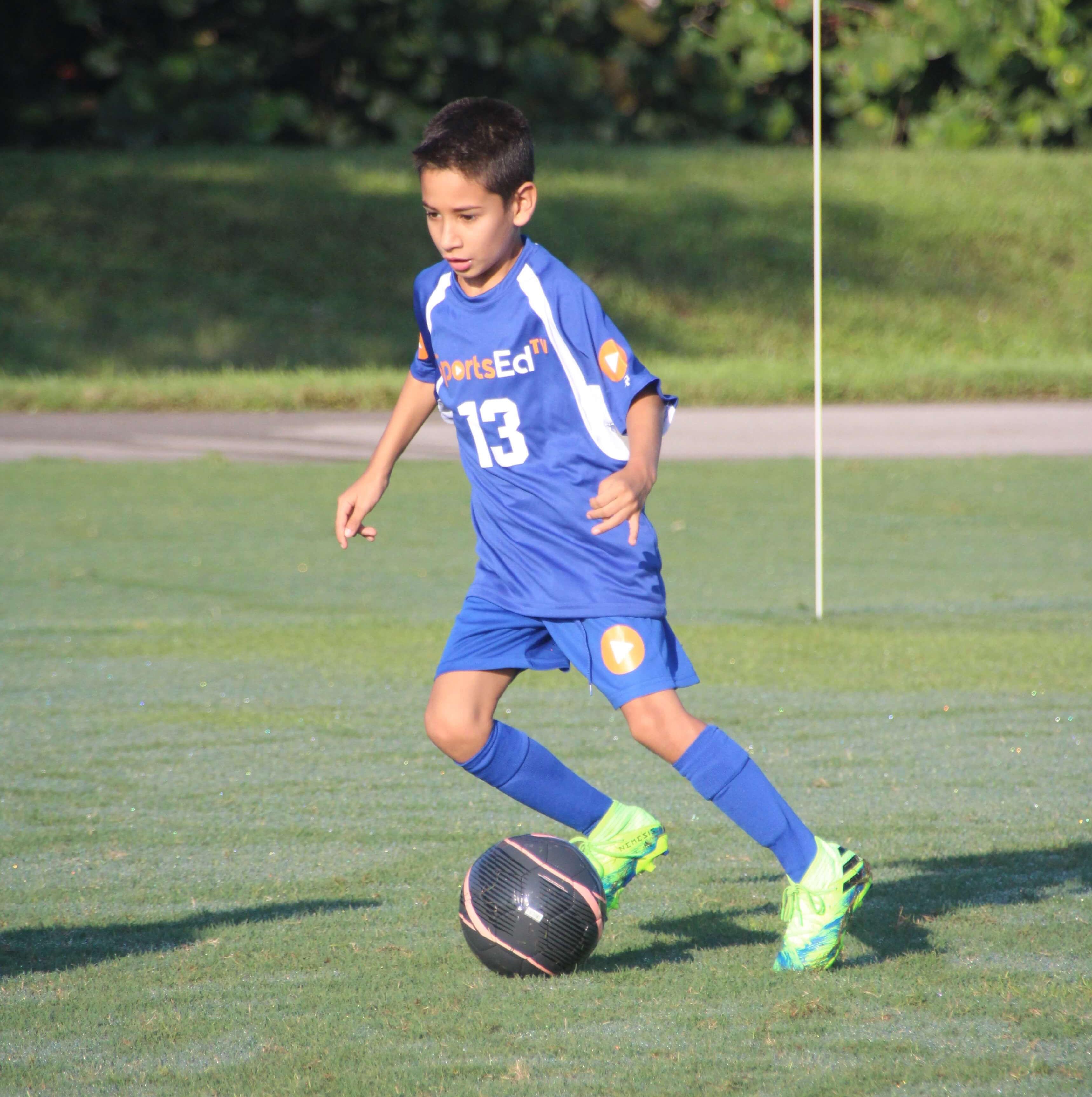 The coach-referee relationship might not be the first thing either thinks about as being essential for creating a positive playing environment, but it is a very important part of creating a healthy experience for players and should start before the season
The coach-referee relationship might not be the first thing either thinks about as being essential for creating a positive playing environment, but it is a very important part of creating a healthy experience for players and should start before the season
Get Together
– at an invitation-only Social Event for Referees and Coaches!

Organizing an invitation-only social event for referees and coaches can be a great way to build relationships in a friendly and enjoyable atmosphere. The very definition of the word 'social' suggests seeking and enjoying the companionship of others. Synonyms such as community, hospitable, and neighborly further emphasize the positive and welcoming nature of such gatherings. This can create opportunities for referees and coaches to interact on a personal level, resolve any misunderstandings, and foster a more collaborative and supportive playing environment.
At the Social - Be sincerely interested in getting to know the other person. Approach the face-to-face meeting with the proper attitude. Your goal is to build a relationship that will benefit the program.
Greet the person with a firm handshake and a big Smile. The handshake helps convey certainty, confidence, and competence. The smile is an instant energizer which makes you appear approachable, friendly, relaxed, open, and comfortable.
If possible, find out and greet the individual with their first and last name. However, if you do not know the individual's name, then volunteer your own name and listen for theirs. A person's name is, to him/her, the sweetest and most important sound in any language. You must remember it after the initial greeting. To do this, it is best to repeat their name in comments you make to the individual in a follow-up conversation.
Become a good listener and encourage the individual to talk about him/herself because when you are talking, you will hear only things that you already know, but when listening, you hear things that you did not know. You would, therefore, be wise to keep silent and yet very attentive to find out all about this prospective ally.
When you feel satisfied and comfortable with the individual’s background, only then should you guide them toward more specific subjects and maybe ask some of the following questions:
- How many years has he/she been involved in soccer?
- Why/how did they get started?
- What age groups and genders have they coached/refereed?
Eventually, get into nitty-gritty topics - such as the ‘Pre-Game Meeting’, which often causes Pre-Game Misunderstandings; ‘Keep ‘It’ Brief’ seems to be the mantra of many referee instructors. Exchange names, collect rosters, go over pertinent information such as length of halves and halftime interval, what happens in the case of a tie, coaching, and substitute area, handshake, and ‘Good luck’. Perform the coin toss, and that is it. Another piece of advice given: ‘Conduct the pre-game meeting just before game time so that there is no time for extended conversations’ Perplexing and Unnatural!
An honest face-to-face discussion on this and other topics, such as sideline coaching in a social setting, can resolve many future misunderstandings. When you connect with people on a person-to-person level, you open the doors that can/will improve your program dramatically.
Take Action
- by becoming allies! The word ‘ally’ should give you a clue as to your mutual obligations to the program and players. It is a person who associates or cooperates with another and takes the interests, intentions, or needs of other people into account. Our first priority is to consider the needs of the players and ensure that the playing environment is the best that it can be by allowing the officials to fulfill at least these functions:
- First, Control the Game: Enforce the Laws of the Game fairly and wisely.
- Second, Prevent Injuries by being Vigilant and Proactive.
- Third, Teach players by explaining calls and providing guidance, Especially for the younger age groups.
There you have it … By Making an Effort to get to know each other on a personal level, coaches and referees can improve the playing environment in their communities. We can resolve misunderstandings by getting together at social functions and then taking action to improve ourselves and our programs. Let's work together as allies to create a positive and safe environment for everyone involved.
Important Note: If YOU have either developed or observed any unique ways that have helped in successfully improving Coach and Referee relationships? Please share them..!
A READER’S INPUT âº
In years past as a referee coordinator I always spoke at the coach's meeting and took questions. This created a two-way dialogue that could then be communicated to referees, as well as setting realistic expectations for the coaches on the quality of our youth referees. Best to do this before problems arise.
- Brian Hartwell




